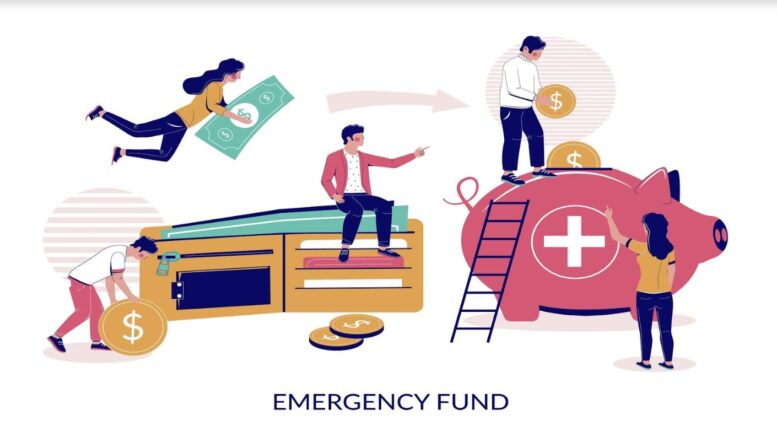Retirement is an exciting time for many people, but it can also be a stressful one. If you’re planning on retiring soon and looking forward to taking frequent trips or starting a new hobby, it’s essential to remember that these activities will cost money. While many people are aware of the financial burden of retirement, they often fail to plan for medical expenses after retirement.
Thus, if you’re planning for retirement, it’s crucial to consider your medical expenses after you hang up the hat. Medical costs are rising yearly and don’t seem to stop anytime soon. If you’re unprepared for these expenses, it could cost you everything. While there are many medical service providers for seniors, such as Medicare Family, you must know how to plan for medical expenses after you retire. Here are ways to go about it:
Start Early
One of the best ways to plan for medical expenses after retirement is to start early. The earlier you begin saving for your future healthcare costs, the more flexibility you’ll have when deciding how much coverage you want and what type of plan works best for your needs. You may want to begin by saving a small amount of money monthly even if you’re not yet retired. This will help you build a nest egg to pay for future medical costs.
If you haven’t started saving yet, start now. The earlier you plan for medical expenses, the more options you’ll have when paying them. You’ll also be able to ensure that savings are invested in helping you cover these expenses when they come due. Likewise, it will help you enjoy retirement without worrying about how much money is on its way out the door for medical bills.
Contribute To A Health Savings Account
One of the best ways to plan for medical expenses after retirement is by contributing to a health savings account (HSA). HSAs help you to set aside tax-free money and spend that money on medical expenses. The money grows tax-free, and any earnings can be withdrawn tax-free. You can also get an HSA contribution refund if you don’t use all the money in your account by the end of the year.

An HSA is essential as you won’t have to pay taxes using the funds for qualified medical expenses. It also allows you to save money for future healthcare costs and keep them separate from your retirement savings.
Consider Purchasing Supplemental Health Insurance Coverage
Purchasing supplemental health insurance coverage is a great way to protect yourself from unexpected medical expenses after retirement. Supplemental health insurance can be purchased alongside the benefits you receive from your employer or Medicare. These policies are available from different health service providers for seniors.
When choosing a supplemental policy, you must consider how much coverage you want and how much you can afford. It would help if you also considered whether or not you want a health maintenance organization (HMO) or preferred provider organization (PPO) plan. If you’re still working and have hospitalization costs, an HMO will likely be more cost-effective.
However, suppose you have a long-term illness or chronic condition that requires ongoing care. In that case, an HMO may not be the best option. An HMO is a type of health insurance that limits out-of-pocket expenses by requiring patients to use only doctors, hospitals, and other healthcare providers within the network of contracted physicians. A PPO is another type of health insurance coverage that allows members to seek care from network hospitals and doctors at negotiated rates, with lower co-pays or co-insurance than traditional fee-for-service plans.
Invest In A Whole Life Insurance Policy
You can invest in a whole life insurance policy to help cover your medical expenses after retirement. A whole life insurance policy provides a lifelong stream of income for anything in the future. The premiums paid during the policy will accumulate until maturity when all benefits are paid.
Furthermore, a whole life insurance policy can help cover medical costs and even leave a little extra behind in your estate. It also doesn’t expire and pays a benefit anytime. These policies provide you with a guaranteed benefit at the end of the policy period, regardless of what happens in between.
Get Regular Health Checkups
Finally, another way to plan for medical expenses after retirement is by getting regular health check-ups. The older you get, the more likely you’ll need to visit a doctor. This can be expensive and cause a lot of stress on your finances. You should try to go to the doctor every six months or so, especially if you’re experiencing any symptoms of illness or injury. If any issues with your health require more frequent visits, then make sure that you schedule them in advance so that they don’t cause financial problems down the road.
Conclusion
If you’re thinking of retiring soon, there’s no doubt that you’re excited about the freedom and flexibility that come with retirement. However, if you’re unprepared for your new life’s financial implications, you could feel more burdened than free. With these ways, you should know how to prepare for medical expenses during retirement.
